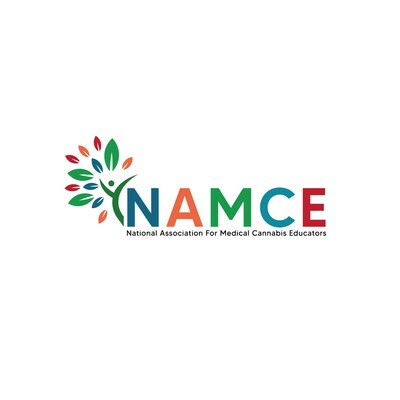New Nonprofit Organization Aims to Enhance Standards for Cannabis Education and Employment
LOS ANGELES– A group of cannabis institutions, programs, and educators have teamed up to establish The National Association for Marijuana and Cannabis Educators (NAMCE). The nonprofit organization’s primary goal is to strengthen the quality and standards of cannabis educators in order to create safer outcomes for consumers and promote employment within the industry. NAMCE’s founder, Tyrone Russell, who is also the President of The Cleveland School of Cannabis, says that the idea is to bypass competition and collaborate to establish and maintain education standards as a unified community.
Since its inception in 2022, NAMCE has pledged to work towards creating sustainability, equity, and educational and occupational alignment within the cannabis industry. By doing so, the organization aims to help potential employees, patients, and employers find trustworthy education programs. Several prominent educators and institutions have already joined NAMCE, including the Minority Cannabis Academy, Oaksterdam University, Stockton University, University of Connecticut, University of Virginia, and SESH.
Interim Director Michael Fields and NAMCE’s core team and founding education partners will concentrate their initial efforts on aligning approaches and curriculum of cannabis educators, reinforcing industry standards, forming a community of practice to enhance educators’ delivery skills, and building and legitimizing the industry by promoting high-quality education and partnerships.
NAMCE’s mission is receiving support from a range of organizations, including Wana Brands, Viola, and Cresco Labs, all of which believe that collaboration and quality education are key to the industry’s success. The leading employee enablement platform supporting 1,200 dispensaries across 23 states, Seed Talent, has also welcomed NAMCE’s commitment to enhancing professionalism and promoting integrity and trust in the market for consumers and employees alike.
According to Russell, the new organization is necessary because the industry must professionalize to ensure sustainability, and opportunistic companies cannot be allowed to call themselves cannabis educators if the industry is serious about maintaining standards. “Steel sharpens steel,” he says, “and if one institution falls, the entire foundation of cannabis education is questioned.”



































